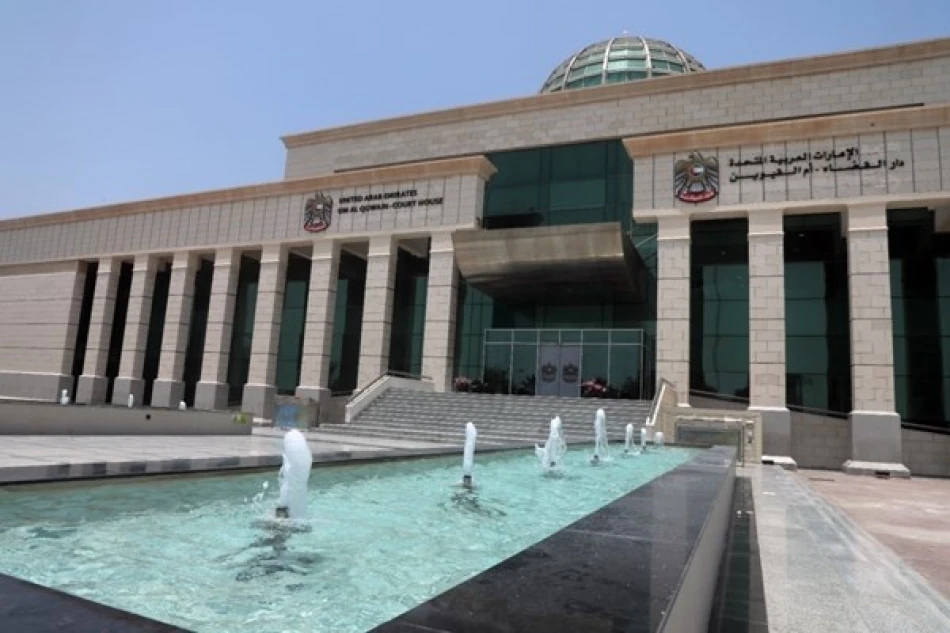
Um Al Quwain Court Launches 'Back to School' Initiative
UAE Court Pioneers Community Outreach with Back-to-School Initiative for Vulnerable Families
The Umm Al Quwain Federal Primary Court has launched a groundbreaking "Back to School" community initiative, partnering with private companies to provide exclusive discounts on educational supplies for minors and their families. This judicial-led social program represents a notable shift in how UAE courts are expanding their role beyond traditional legal functions to address broader societal needs.
Addressing Educational Inequality Through Judicial Innovation
The initiative specifically targets families under the court's jurisdiction, offering financial relief during the expensive back-to-school season. By securing partnerships with educational suppliers, the court has created a direct bridge between judicial services and community welfare, reducing the financial burden on families who may already be navigating legal challenges.
This approach reflects a growing recognition that families involved in legal proceedings often face compounding financial pressures that can impact children's educational outcomes. The timing coincides with the UAE's "Year of Community" designation, signaling government-wide emphasis on social cohesion and support systems.
Expanding the Court's Social Mandate
Beyond Traditional Justice
The court's community engagement strategy marks a departure from conventional judicial operations. Rather than limiting their scope to case processing and legal determinations, UAE courts are increasingly positioning themselves as community anchors that address root causes of social issues.
This holistic approach to justice administration aligns with international trends toward restorative and community-centered legal systems, but the UAE's implementation through direct economic support appears particularly innovative.
Strategic Partnership Model
The collaboration with private sector partners creates a sustainable funding mechanism that doesn't rely solely on government budgets. This public-private model could serve as a template for other emirates and jurisdictions looking to expand social services without increasing public expenditure.
Implications for UAE's Social Development Strategy
The initiative signals broader shifts in how the UAE approaches social welfare delivery. Rather than centralizing all support through traditional social services, the country appears to be experimenting with distributed responsibility across government institutions, including the judiciary.
This decentralized approach could prove more responsive to local community needs, as courts have direct insight into the challenges facing families in their jurisdiction. The model also creates multiple touchpoints for vulnerable families to access support, potentially improving overall social outcomes.
Regional Context and Future Expansion
While other GCC countries have implemented various educational support programs, the UAE's judicial-led approach appears unique in the region. The success of this pilot in Umm Al Quwain could influence similar initiatives across the federation's other emirates.
The court has indicated this represents the first of several community-focused programs planned for the Year of Community, suggesting a sustained commitment to expanding judicial social responsibility. If successful, this model could reshape expectations for how government institutions engage with citizens beyond their primary mandates.
The positive reception from beneficiary families indicates strong community appetite for such programs, potentially encouraging broader adoption across the UAE's judicial system and inspiring similar innovations in other sectors.
Most Viewed News

 Layla Al Mansoori
Layla Al Mansoori






